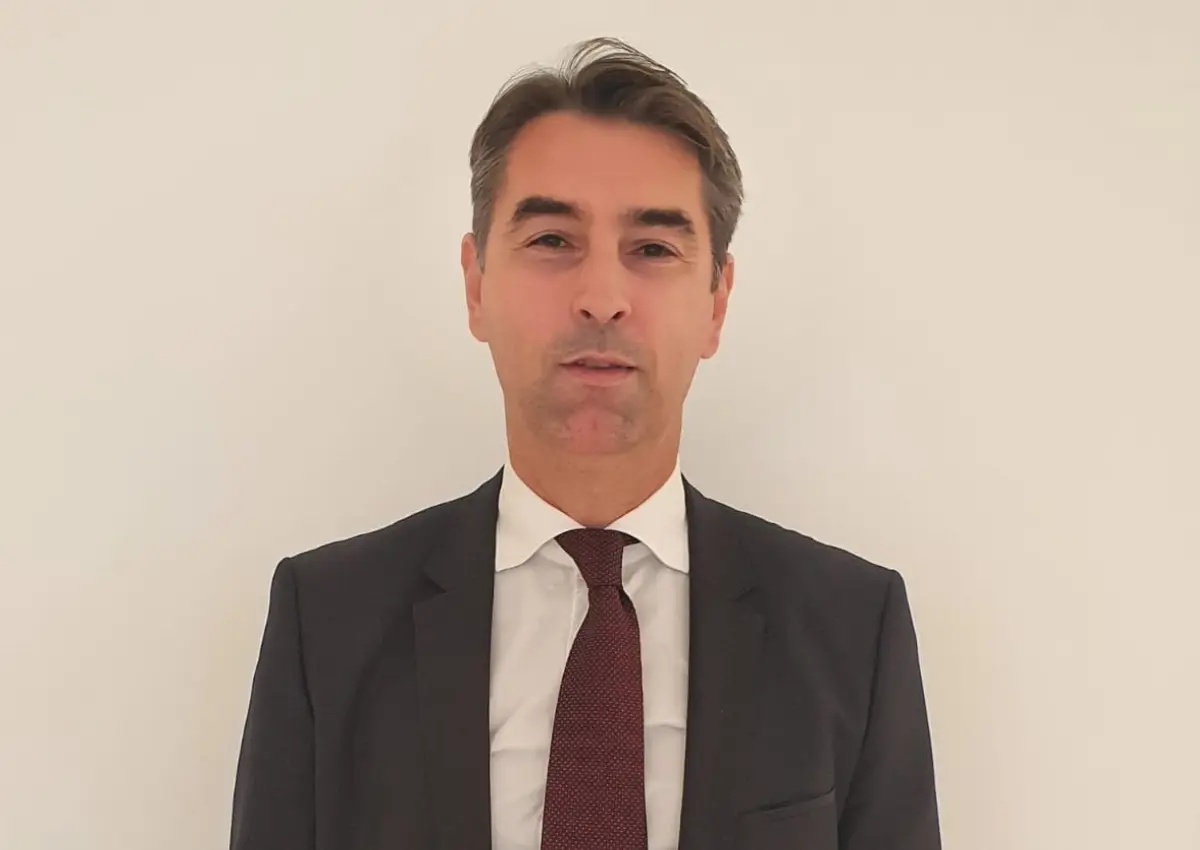
Do you want to access to this and other private contents?
Log in if you are a subscriber or click here to request service
Plastic Tax, a levy to be abolished
Exclusive interview with Tiziano Andreini, managing director of Alpla Italia

Plastic Tax, are we moving towards repeal? After a more careful assessment of the social impacts (see for example Assobibe's complaint in this EFA News article), the operators expect a new postponement to the entry into force and hope for a definitive repeal. EFA News talked about it with Tiziano Andreini, MD of Alpla Italia, one of the world's leading producers and experts in recycling, with 178 plants...
hef - 21407
EFA News - European Food Agency
EFA News - European Food Agency